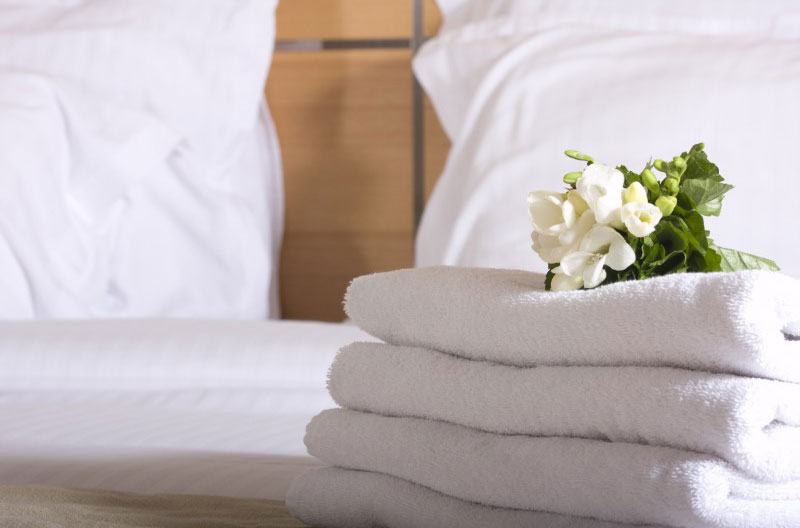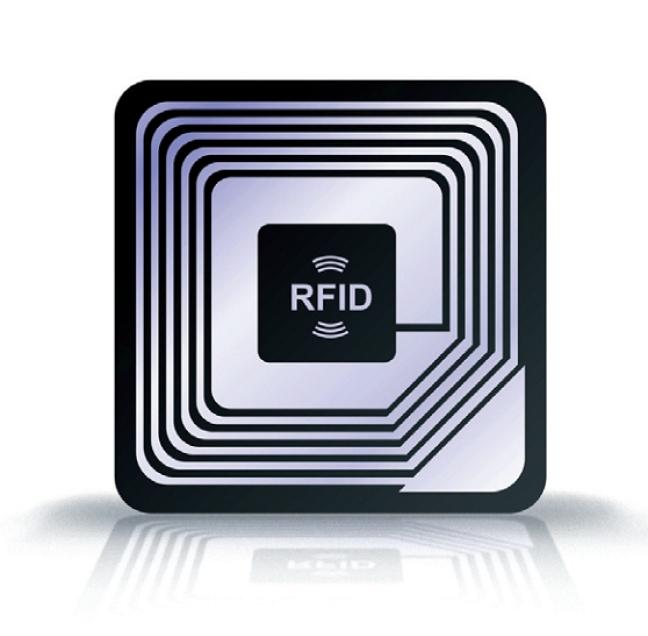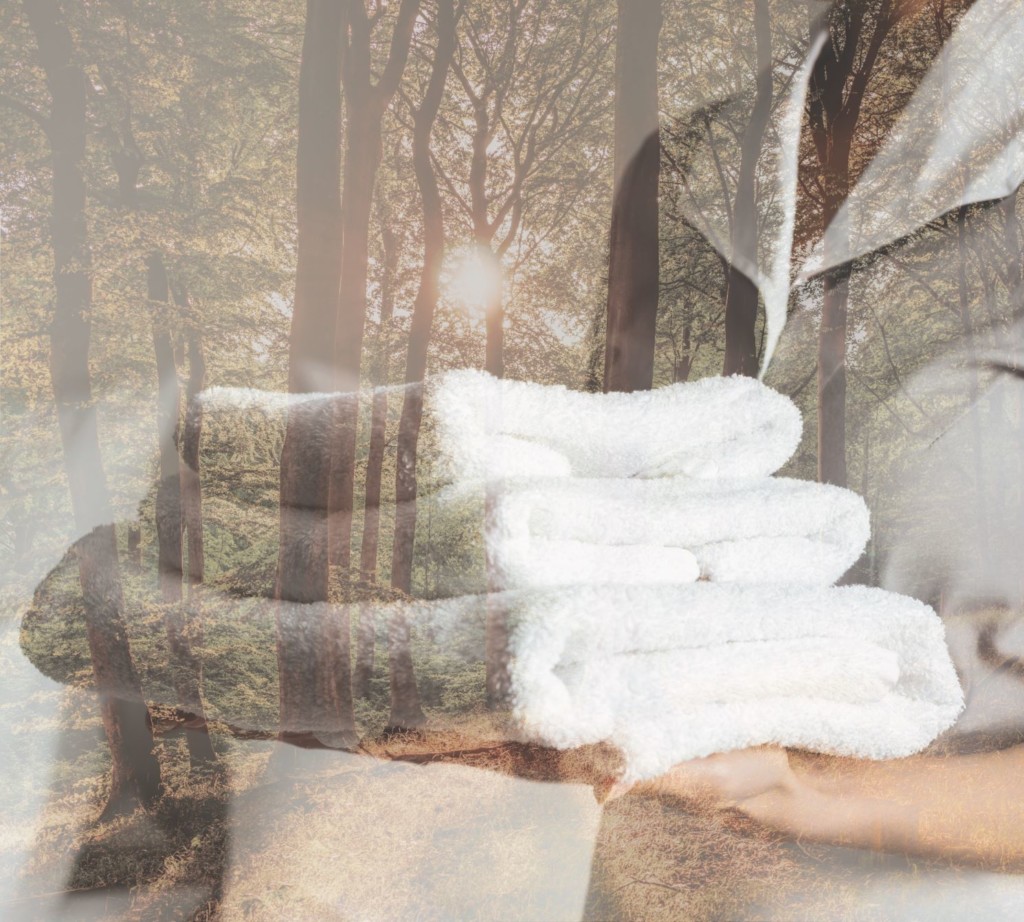
In this era where we are facing environmental issues resulting from past wrong decisions or lack thereof, it becomes essential to develop and manufacture textiles in line with environmental parameters. Many national and international organizations and associations are dedicated to studying manufacturing processes and final products, granting sustainability certifications based on their specific criteria. Supratex está en vías de conseguir certificado GOTS que sigue la Norma Textil Orgánica a nivel internacional originada cuatro reconocidas organizaciones miembro: OTA (EE.UU.), IVN (Alemania), Soil Association (Reino Unido) y JOCA (Japón). Un producto textil con etiqueta GOTS grado“orgánico” debe contener como mínimo un 95% de fibras orgánicas certificadas mientras que aquellos con la etiqueta “hecho con material orgánico” deben contener no menos de 70% de fibras orgánicas certificadas.

Supratex is also in the process of obtaining the GRS (Global Recycled Standard) certification, granted by the Textile Exchange since 2011. This certification sets requirements for third-party certification of recycled content, chain of custody, social and environmental practices, and chemical restrictions. As part of this initiative, Supratex is developing a line of products labeled as ECOSEA, which are woven using yarn obtained from recycled plastic bottles collected from the sea. This contributes to the cleaning of the oceans. SupratexSupratex is committed to recycling used clothing by collecting the customer's used garments and guaranteeing that they will be used to generate yarn for the manufacturing of their products. This ensures a circular lifespan for the garment and greatly contributes to waste reduction.
Additionally, Supratex offers a range of fabric finishes that facilitate garment maintenance. These include EasyIron, which makes ironing easier, hydrophobic finishes to repel stains, and even anti-insect finishes to deter insects from the garment's surroundings. Supratex has also developed mattress covers with anti-flea properties, which prevent the presence and proliferation of fleas in the room.

By incorporating RFID (Radio Frequency Identification) technology into textiles, each garment can be identified, and its location and durability can be tracked.
This tool analyzes real-time traceability of textiles through radio frequency using tags or labels that can withstand industrial washing processes, along with software that processes and analyzes millions of readings.
This represents a further step in digitization to enhance the control and management of textile assets by enabling identification, location tracking, traceability, and inventory management of garments.

Our commitment is to establish a circular economy in hotel linen and contribute to the fight for a more sustainable and healthy planet.
Our proposal involves obtaining the necessary fibers from collected linen to convert it back into yarn, which will be used to weave new linen for the establishment. When this linen is no longer in use, it will be collected again to restart the process. This establishes a complete circular economy.
This initiative is truly important for improving the climate footprint on the planet, representing an extremely sustainable advancement. This simple gesture results in significant savings. For every kilogram of linen generated, we save 2.48m² of cultivated land,
3,485 liters of water, 6.77 kWh of electricity, and prevent the emission of 1.62 kilograms of CO2. If all hotels in Spain were equipped with Ecolinens, it would save an area of cultivated land equivalent to one-fourth of the surface area of Andalusia, 29,133,254,790 liters of water
(equivalent to 11,653 Olympic-sized swimming pools), and 56,594,586.78 watts of electricity (equivalent to the consumption of 943,239.10 60W light bulbs). It would also reduce atmospheric CO2 emissions by 13,542,574.68 kilograms, which is equivalent to the emissions of 237 cars over their lifespan.
Furthermore, it would eliminate 7,000,000 kilograms of textile waste, equivalent to 28,000,000 hand towels.

